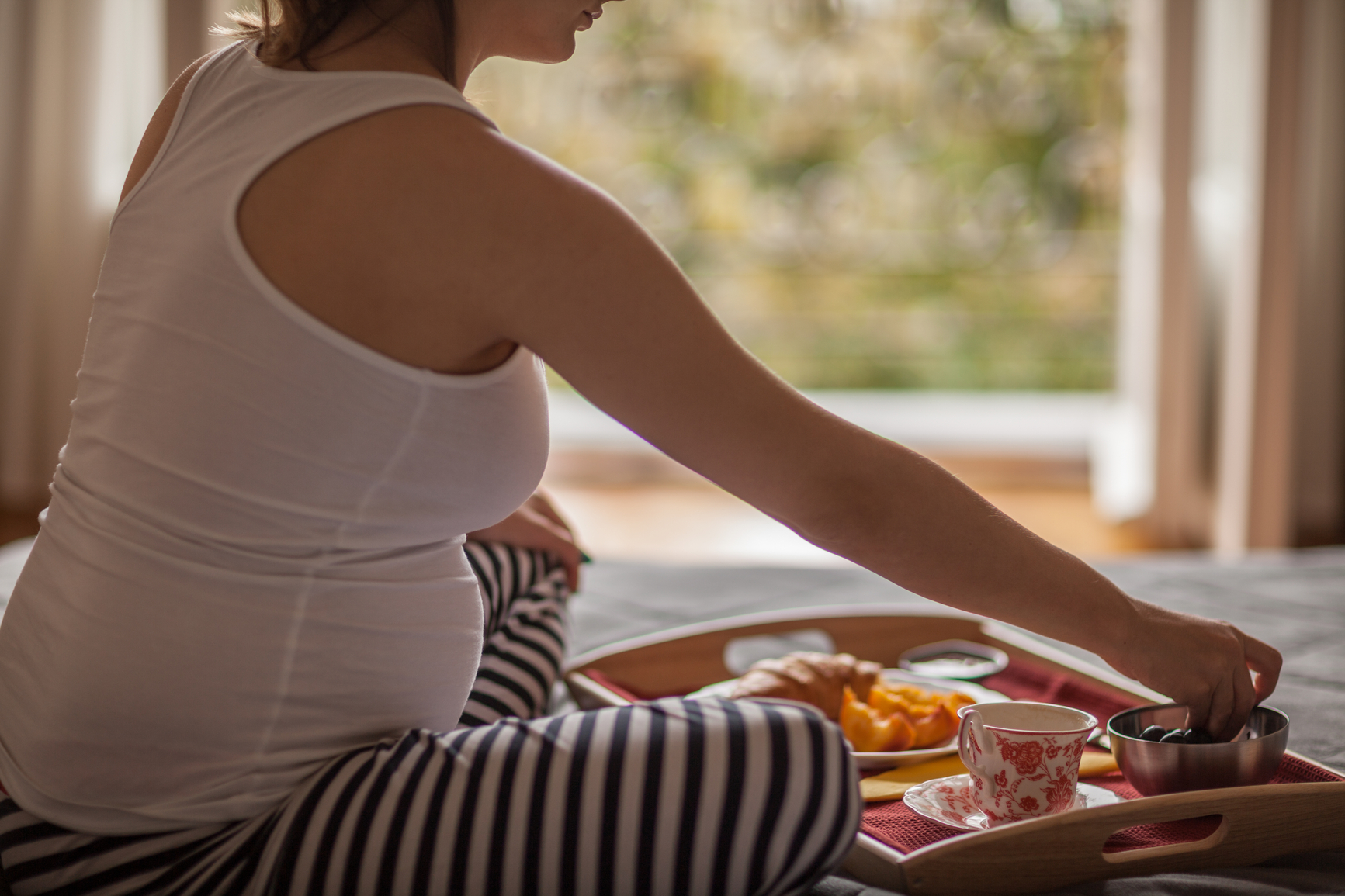The foods and drinks that you choose during pregnancy have long lasting effects on your baby’s health. Getting the right nutrition in the First 1000 Days can influence your baby’s health, their school performance as children and their risk of developing common adulthood diseases such as heart disease, obesity and type 2 diabetes.
We all know the reason for including certain foods in our daily diets but do you know the roles they play in pregnancy and for your growing baby? There are many key nutrients and foods that you should aim to include in your diet to help your baby reach their full potential.
Folic acid is the most important nutrient to include pre-conception and for the first 12 weeks of pregnancy. This B vitamin prevents neural tube defects such as Spina Bifida. As well as taking a 400µg daily supplement, boost your intake further by including leafy green vegetables and foods fortified with folic acid such as some cereals and milks.
Iron is a key nutrient for your baby’s brain development and for your increased blood volumes during pregnancy. Sources include red meat, chicken, eggs and beans. Tea and coffee contains tannins which will decrease iron absorption so avoid drinking these with or soon after iron rich meals.
Vitamin C helps to absorb iron from foods so include some citrus fruits, tomatoes or peppers in your diet.
Calcium is essential for your baby’s growing skeleton and to keep your own bones healthy and strong. The best source of calcium is from milk and milk based products such as yoghurt and cheese. You need 3 portions of dairy foods per day. Other sources of calcium include spinach, tinned fish (with bones mashed in) beans and seeds.
Vitamin D helps your body to absorb calcium and will help to build your baby’s stores of vitamin D also. Sources include oily fish, eggs or milks fortified with vitamin D.
Omega-3 fatty acids are important for your baby’s brain, eye and nervous system development. They also play a key role in protecting you against heart disease. Try to include oily fish such as salmon, herring and mackerel in your diet once or twice per week. Rapeseed oil, pumpkin seeds and sesame seeds are also sources of Omega-3.
Fibre will keep you feeling full and will help to prevent constipation especially as your baby grows and begins to put pressure on your bowels. Choose wholegrain and wholemeal cereals, breads, pasta and rice. Fruits and vegetables are also a great source of fibre as well as key vitamins and minerals so get your 5 a day.



